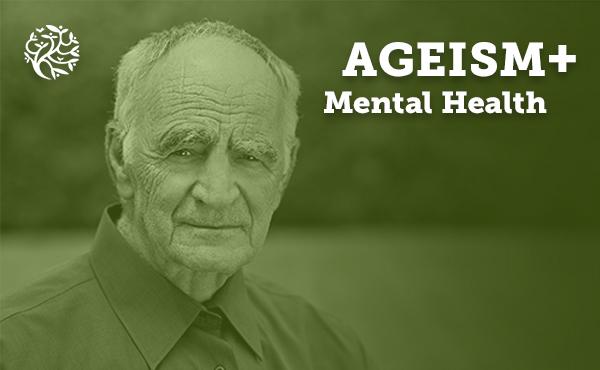Independent Age’s recent report on partner bereavement in older age, Good Grief, describes some of the mental health consequences of bereavement, and the lack of support offered to older grieving partners.
When the normal stage of depression doesn’t lift, this is known as complicated grief
When a person experiences a bereavement, it is normal to feel depressed.
In fact, older people are four times more likely to experience depression in bereavement.
This stage is known as “acute grief”, when the reaction to loss is intensive and disruptive. Most people will gradually come to terms with this grief, as they are able to resume normal activities and find pleasure in life again.
However, for some people this doesn’t happen, and they experience a persistent period of acute grief, interfering with daily functioning for an extended period of time; this is known as complicated grief.
In some countries, complicated grief is classed as a mental health condition whereas in the UK, it is not. Rather than arguing whether it should be or not, we want to stress that complicated grief carries serious risks and is something that most people need support to overcome.
Complicated grief has severe risks
People with complicated grief are twice as likely to die by suicide compared to bereaved people without complicated grief. It also increases the risk of hypertension (high blood pressure) tenfold, which can lead to heart attacks and strokes.
Complicated grief is twice as common for older people than for bereaved younger adults.
Nearly 1 in 10 bereaved older people develop it (double the risk of younger adults) and women are more at risk than men. People who don’t get support at a time of bereavement – either from friends or family or from more formal sources such as counselling – are more likely to develop complicated grief.
Older people are more likely to benefit from “talking therapies” but are less likely to be offered it
People aged 65 and above are less likely to be referred by their GP for “talking therapies” (Improving Access to Psychological Therapies or IAPT) for depression and anxiety than younger age groups. Those who are referred tend to be under 75, with extremely few people aged over 90 receiving this therapy. This is despite evidence suggesting older people are likely to benefit more than younger people from this form of therapy. NHS England states that 56% of over 65s showed “reliable recovery” after receiving psychological therapies compared with 42% of working age adults.
Assumptions about older people’s resilience
All too often, older people’s mental health needs go unrecognised (possibly because older people are less likely to recognise their own needs). There is also a common assumption that older people have the resilience to cope with loss as a “normal” part of later life.
Catherine Seymour is the Policy and Research Manager at Independent Age
Have you been affected by any of these issues?
If you have been affected by any of the issues described in this blog, or simply need someone to reach out to, you can call the Mind helpline for information and advice on 0300 123 3393 or text 86463.
